- HOME
- ABOUT
- RESEARCH
- INSIGHTS & HAPPENINGS
- JOIN US
- CONTACT US
-

Prostate Health: Plays a key role in reproduction. Although it’s the testicles that produce sperm, the prostate (along with tiny neighboring organs called seminal vesicles) helps produce semen—the viscous fluid in which sperm travel.
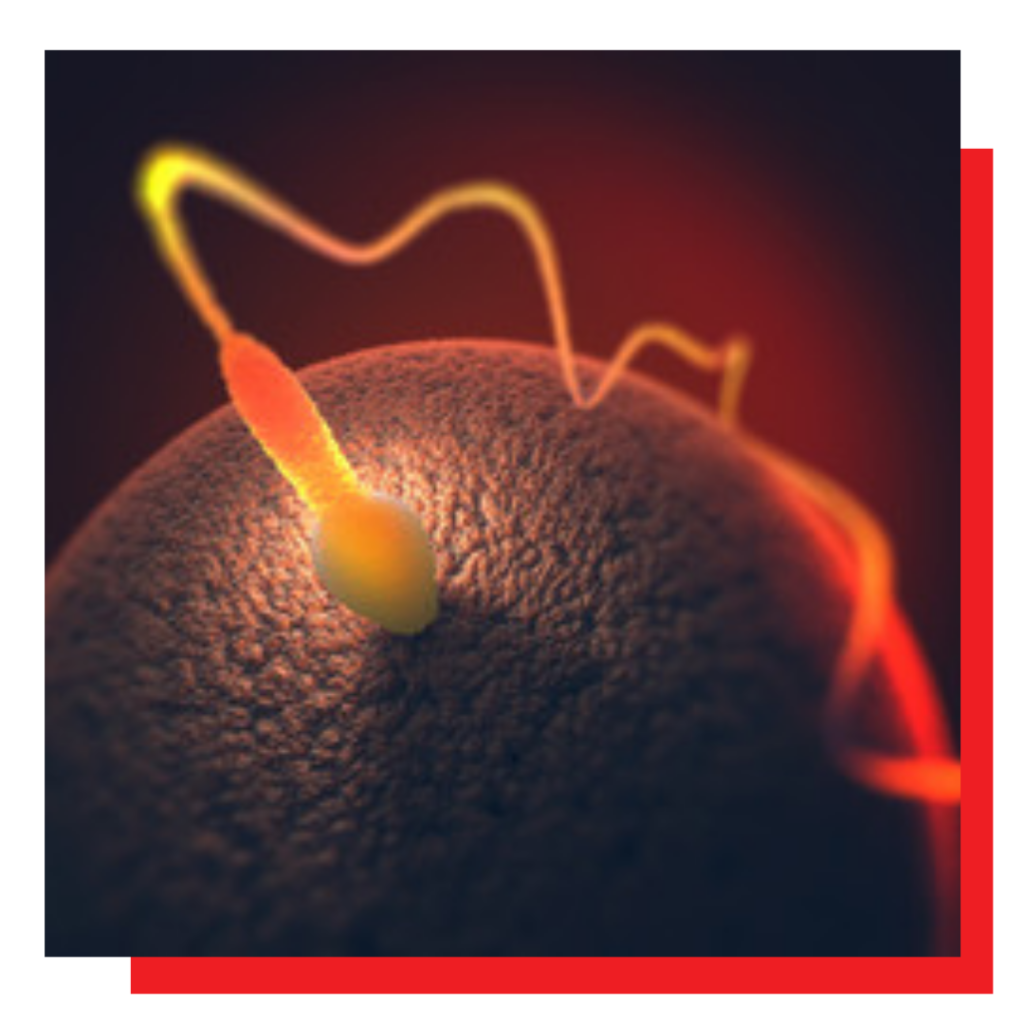
The prostate is a soft, small organ. It is roughly the size of a walnut or a ping-pong ball on average. It usually weighs around 1 ounce (30 grammes) and is soft and smooth to the touch. The prostate is located deep within the pelvic cavity, between the penis and the bladder. By inserting a finger into the rectum and pressing toward the front of the body, the prostate gland can be felt.
The urethra, a tube that drains urine and sperm, passes through the prostate. Prostate problems can affect urine flow because the prostate surrounds this tube. This organ is a part of the male reproductive anatomy. The penis, scrotum, and testes are also included.
Prostate conditions often cause problems with urination or bladder control. These may include the following:
Prostate problems can also cause problems with sexual function, urinary tract infections, bladder stones, or in extreme cases, failure. If a person is unable to urinate at all, they should seek medical attention immediately.
A person should see their doctor if they notice any of the following symptoms Trusted Source:
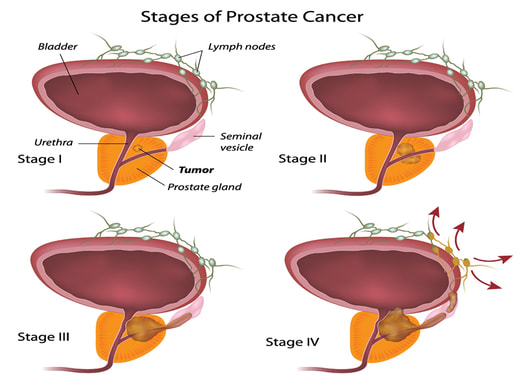
Digital rectal examination
During this exam, the doctor inserts a finger into the rectum and feels the prostate to detect lumps, nodules, and signs of cancer.
Prostate-specific antigen (PSA)
Blood tests can assess the levels of this PSA. High levels indicate an increased risk of prostate cancer.
Prostate biopsy
If a doctor suspects cancer, they can take a small sample of prostate tissue for testing. To do this, they insert a needle into the prostate via the rectum.
Prostate ultrasound
Doctors may refer to this as a transrectal ultrasound. During the procedure, the medical professional inserts a probe into the rectum, positioning it close to the prostate. Doctors usually carry out biopsies with guidance from an ultrasound.
Prostate MRI
This can show prostate anatomy in great detail, including identifying areas suspicious for cancer. New technology allows targeting of these areas through an MRI-ultrasound fusion biopsy.

Scitron is a Mesenchymal Stem Cells (MSCs), derived from human umbilical cords. Upon treatment, the cultured cells are injected intramuscularly/intravenously into the patient. The cells are characterized by low immunogenicity. Hence, it is very safe, tolerable and free of side effects.
Improve bodies’ natural healing abilities
Modulate the immune system
Locate and reduce areas of inflammation
Replace damaged and diseased cells

Model depicting putative potential mechanisms underlying primary prostate cancer progression via mescenchymal cell (MSC) recruitment and bone metastasis. Cancer cells secrete CXCL16, which attracts MSCs to tumour sites.
Tumor-derived CXCL16 binds to its receptor, CXCR6, on MSCs, activating signal transduction and causing MSCs to differentiate into cancer-associated fibroblasts (CAFs), which secrete high levels of CXCL12. CXCL12 promotes proliferating cancer cells’ malignant transformation to an epithelial-mesenchymal transition (EMT). In prostate cancer cells, EMT increases CXCR4 expression. The expression of CXCR4 promotes metastasis.
If you feel we might be able to offer meaningful improvement to both your condition and your quality of life, then please reach out to schedule a free consultation with one of our in-house clinical experts. We offer consultations in both Malay and English.





Review your medical history & recent evaluations
Explore what your treatment package might look like
Answer any questions you have about us
Answer any questions you have about the therapies
Discuss practical next steps,
if you feel we can effectively treat you
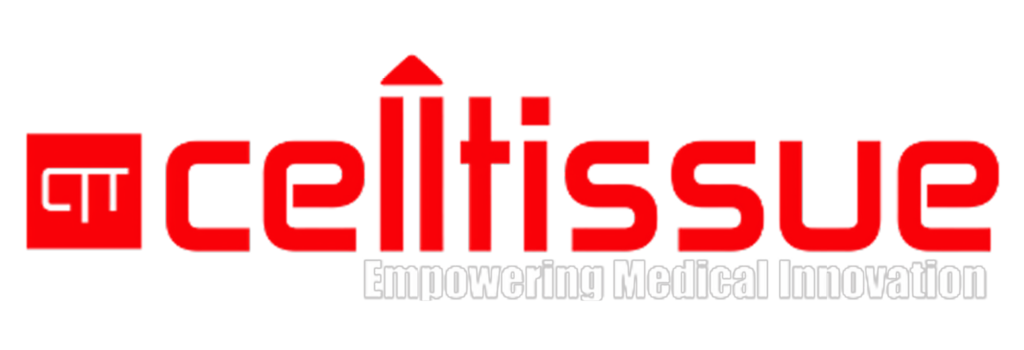
Founded in 2010, Cell Tissue Group is a pioneering Malaysian medical technology company and a spin-off from the National University of Malaysia (UKM). As Malaysia’s first Tissue Engineering firm, Cell Tissue Group operates within a certified GMP Lab, ensuring the highest standards of medical research and product development, particularly in Tissue Engineering and Regenerative Medicine.

Founded in 2010, Cell Tissue Group is a pioneering Malaysian medical technology company and a spin-off from the National University of Malaysia (UKM). As Malaysia’s first Tissue Engineering firm, Cell Tissue Group operates within a certified cGMP laboratory, ensuring the highest standards of medical research and product development, particularly in Tissue Engineering and Regenerative Medicine.
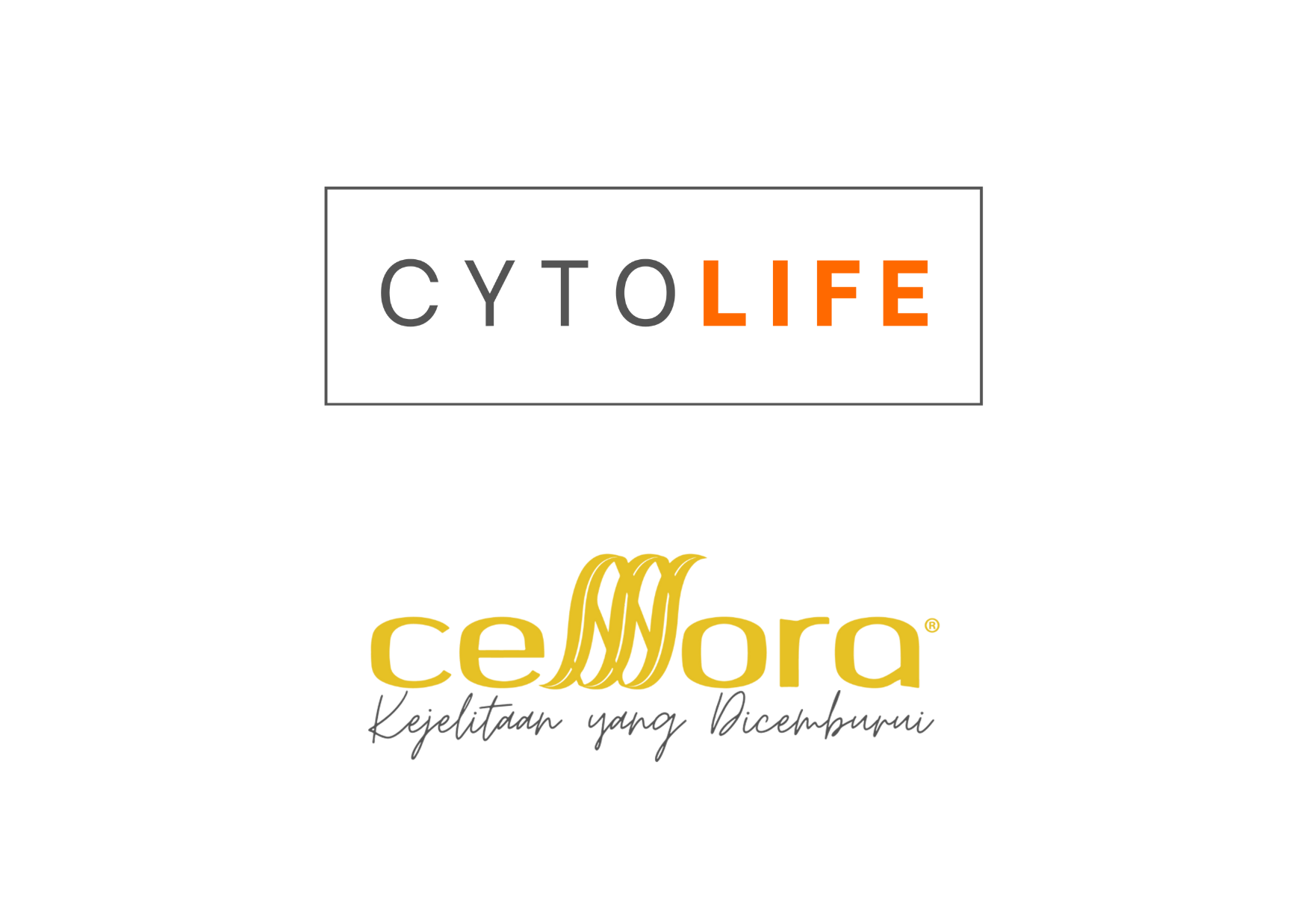
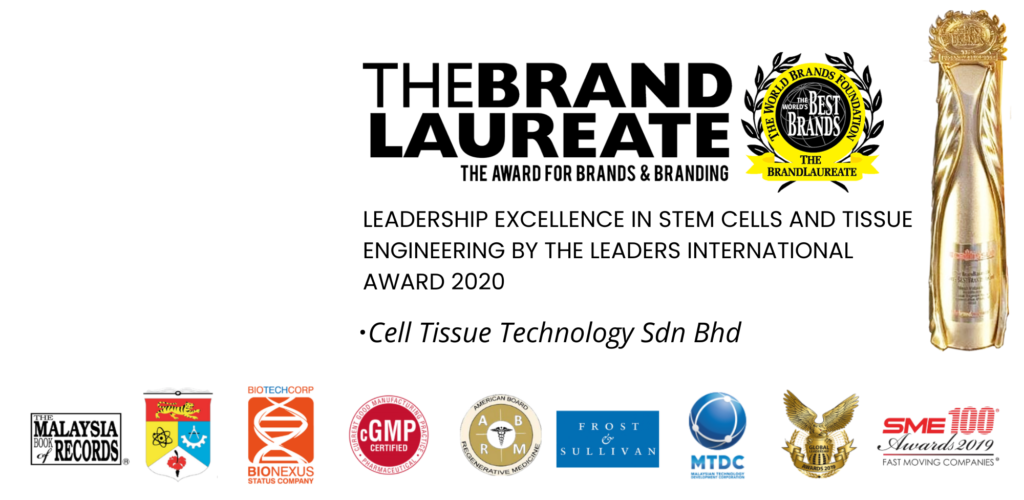
Proudly powered by CTG © 2010-2026 Cell Tissue Group, a Universiti Kebangsaan Malaysia Spin-Off Company. – All Rights Reserved.